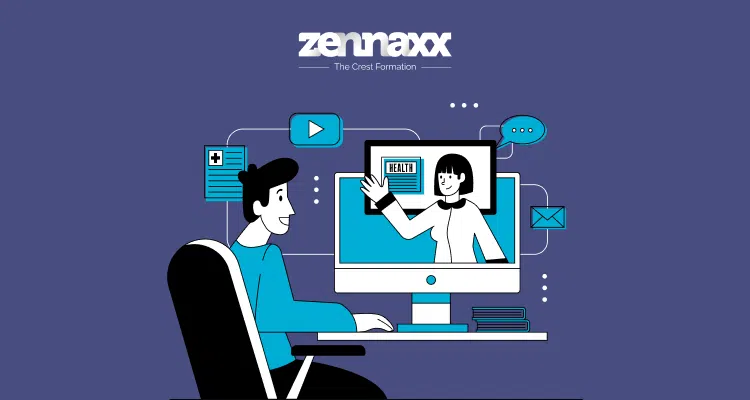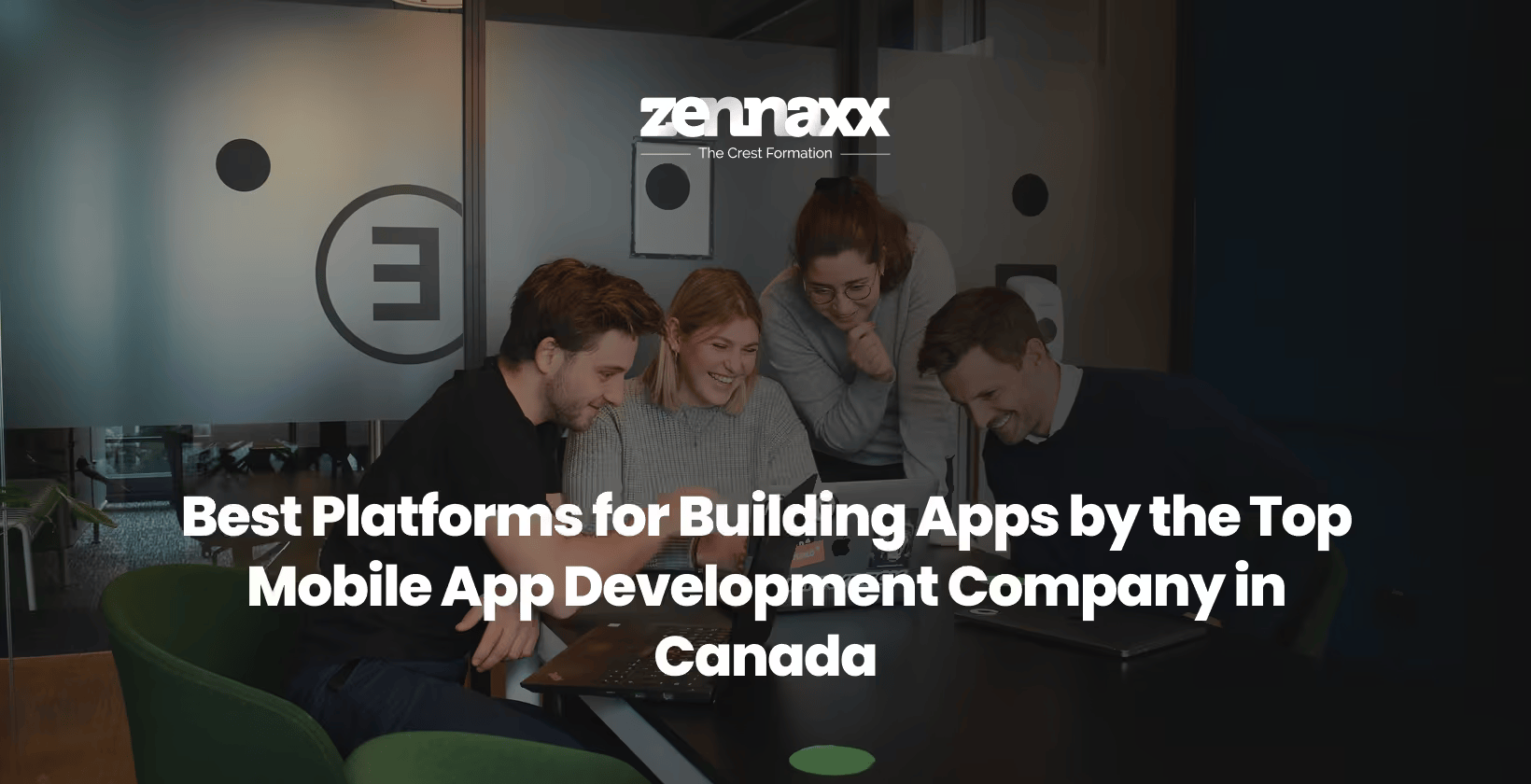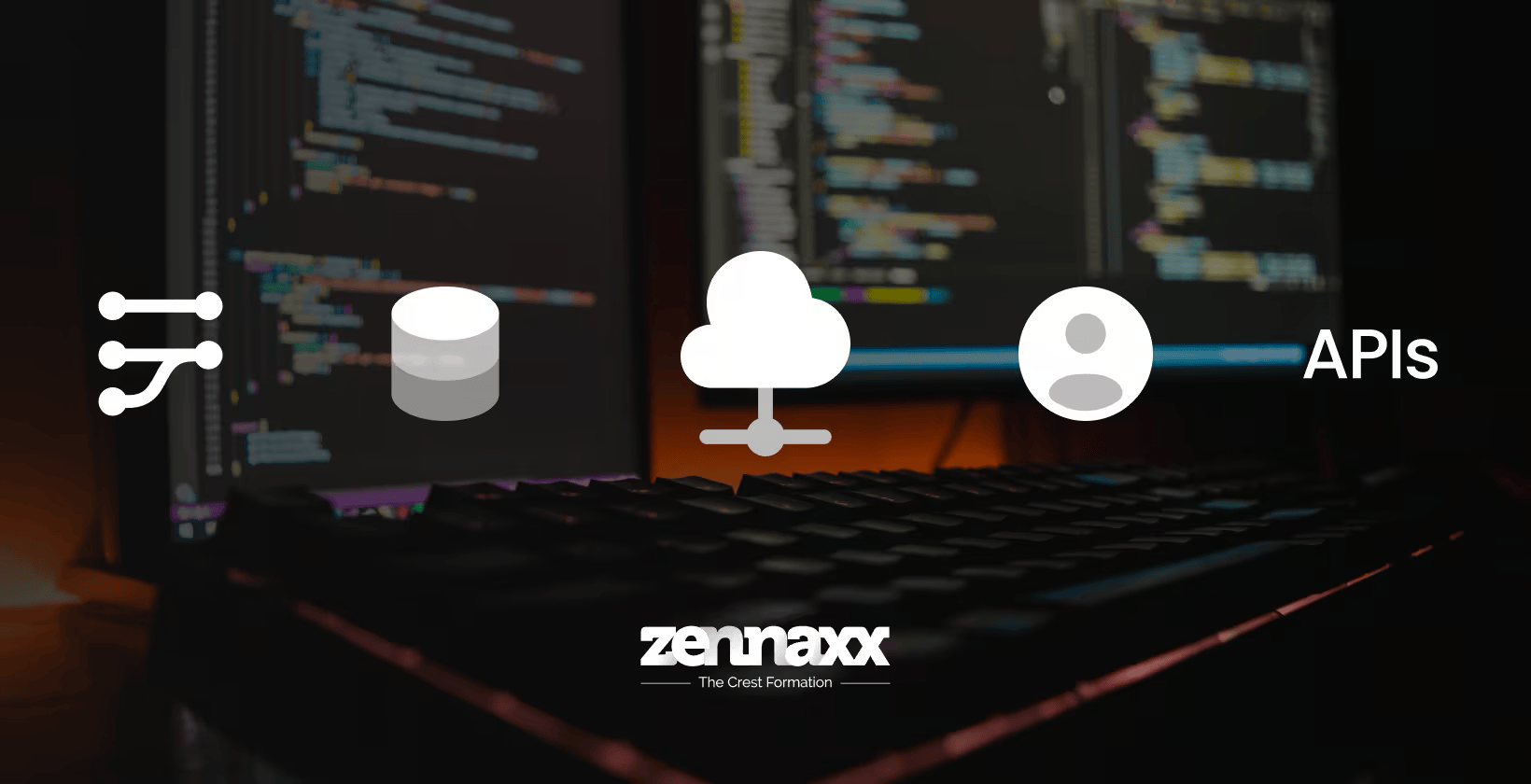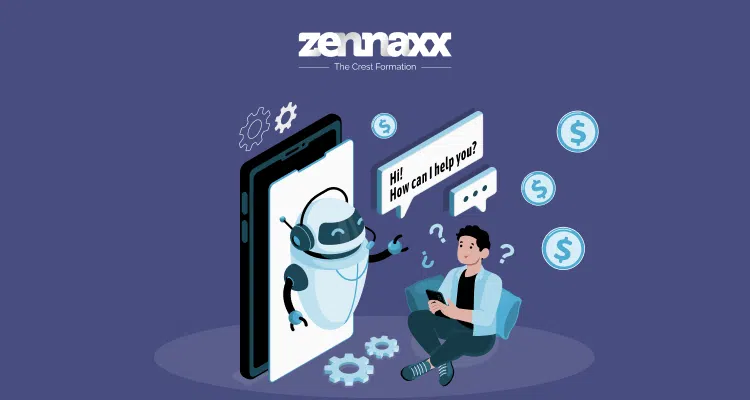This article studies healthcare LMS software. Also defines it, lists its key features, and the need for training and development in healthcare.
What is LMS for Healthcare?

LMS Solutions: What Healthcare Organization Needs Does It Cover?
1. Flexible Training Time
2. Continuous Proliferation of Learning Resources
3. Decreased In-Person Training Necessities
4. Fresh Content
Why Should You Invest In The LMS For The Healthcare Business?
- Companies usually budget 1-5% of salary for employee training. The company spent $954 on average per learner last year, but that number dropped to $1,207 in 2022.
- Service providers were the forerunners at $1,172 per learner. Non-profits were a close second at $1,105.
- These numbers show we focused on affordable, high-quality training. Below is a solid reason why an LMS is a great choice for your healthcare business.
- Rapid Expansion: The global healthcare LMS market is expected to grow at a CAGR of around 22% during the forecast period.
- Market Value: The market is projected to exceed US$ 3.5 billion by 2030.
5. Reduced Expenses
6. Faster Onboarding
7. Increased Engagement
8. Real-Time Progress Tracking
9. Healthcare LMS Market Outlook
- Pandemic-Induced Shift: The COVID-19 pandemic sped up remote learning. It made LMS vital for healthcare education.
- Accessibility and Convenience: LMS platforms provide unmatched convenience. They allow healthcare workers to learn at their own pace.
- Regulatory Compliance and Professional Development: Healthcare moves quickly. It requires constant learning to keep up with changes in practices and rules.
- Growing Healthcare Workforce: The healthcare sector is growing fast. The U.S. expects a 16% rise in jobs between 2020 and 2030, the highest of any industry.
Benefits Of Implementing Healthcare LMS Solutions
1. Improved Training Effectiveness
2. Diverse Course Offerings
3. Enhanced Compliance
4. Streamlined Operations
Automation is crucial for healthcare organizations, especially for administrative teams. In this context, a healthcare LMS streamlines operations by automating tasks related to learning and training, such as scheduling, progress tracking, and record maintenance.
5. Data-Driven Insights
6. Enhanced Quality and Safety
Revolutionize Your Healthcare Training
Elevate your healthcare team’s training with our advanced LMS. Sign up today to streamline education, enhance patient care, and stay ahead in the medical field!
Must-have Healthcare LMS Features
1. User and Profile Management
2. Reporting and Analytics Tools
3. Mobile Compatibility and Responsiveness
4. Assessment and Evaluation Tools
5. Course, Materials, and Content Management
6. Personalized Learning Paths
7. Gamification and Interactive Elements
8. Integrations with Third-Party Systems
A healthcare LMS must integrate with other key software. This includes HR systems, EHRs, and compliance tools. This integration cuts admin tasks, errors, and boosts efficiency in learning and development.
9. Outstanding User Experience Design
10. User Support Functionality
Reliable user support is essential for any healthcare software. Providing live chats, help desks, and FAQs ensures that learners can quickly resolve issues on their own, easing the burden on administrators.
Creating a Healthcare Learning Management System in 8 Steps
The most important thing is to work with a trustworthy LMS provider. They can assist you in navigating the process of development.
Step 1: Market Research
Step 2: Requirements Gathering
Step 3: Choosing the Tech Stack
Your needs, and those of the healthcare industry, will guide your tech choices. Your development team should suggest the most effective technological solutions.
Step 4: Wireframing and Prototyping
This step is pivotal for the success of your LMS, as it lays the foundation for a great user experience (UX), high performance, and seamless integrations.
Step 5: Development
Step 6: Testing
Testing is vital to development, especially in healthcare. There, accuracy and reliability are crucial. Quality Assurance (QA) is crucial. It finds and fixes issues.
Step 7: Deployment
Step 8: Maintenance and Updates
Launching your LMS is just the beginning. To keep it running smoothly, regular maintenance and updates are necessary.
As you use the system, you’ll discover new feature ideas and areas for improvement.
Want to Automate Your Business Process With a Software Solution?
Zennaxx, a leading software development firm in Canada, has delivered 700+ bespoke solutions spanning various industries.
LMS for Healthcare Industry: Development Cost Estimation
1. Project Scale
2. Technology Stack
3. Geographical Location of the Development Team
4. Project Timeline and Budget
5. Vendor Expertise and Experience
6. Custom LMS Development
7. Open-Source LMS Implementation
Outsourcing to Offshore Development Teams
Why Choose LMS Solutions From Zennaxx?
Zennaxx has vast experience in custom healthcare solutions. So, it gives medical institutions a way to reach their specific goals. Here’s why Zennaxx should be your go-to partner for LMS solutions:
1. Industry Expertise
Zennaxx has an in-depth understanding of the healthcare industry, ensuring that our LMS solutions comply with all relevant regulations, standards, and best practices.
2. Custom Solutions
3. Cost-Effective Development
However, we won’t compromise the LMS’s quality and functionality. Additionally, our use of open-source technologies can further reduce development costs.
4. Seamless Integration
Zennaxx ensures your LMS works well with other key software, like EHRs and HRMSs. Because of our LSM integration, you can run your business more efficiently and with less effort.


